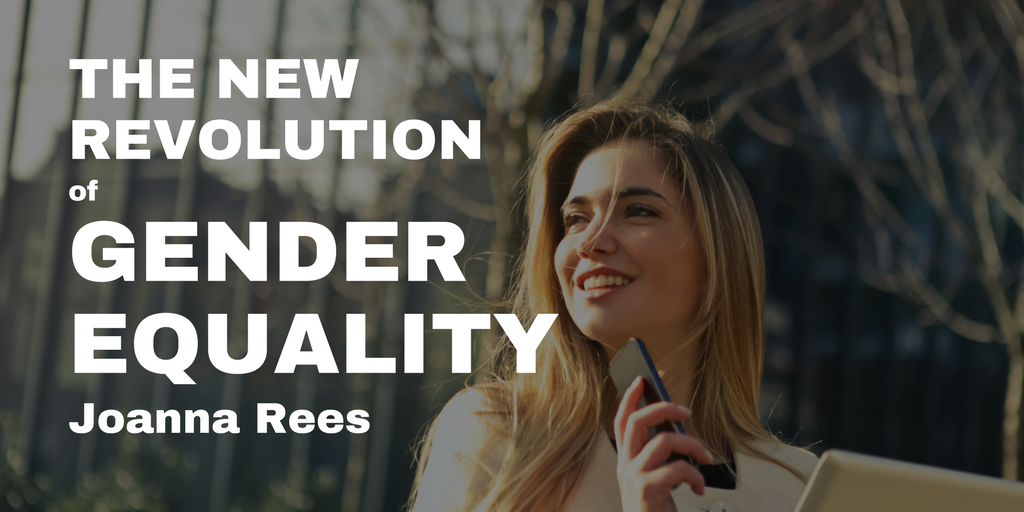Gender equality. Girl power. #MeToo. No matter how you express it, the dialogue about women and their roles in societies past, present, and future has been going strong, especially of late.
Not that this is a new trend. As long as inequality has existed in our society, so too have individuals willing to stand against it. The famed Suffragettes of the early 20th century fought for the voices of women in political spaces, and much progress has been made over the last century.
Now, however, there are still issues surrounding gender that need to be addressed. Social media has given everybody a voice and a platform, but it has also created new challenges. More than a century after the formation of the Suffragettes, we now see new campaigns to address other issues, such as widespread sexual harassment and workplace inequality.
Other initiatives aim to address representation elsewhere. One of the discussions driving debate involves the depiction—conscious or otherwise—of women in media. At awards shows such as the Grammys and the Oscars, this manifests as reporters asking female attendees about their dresses rather than their work. The Representation Project created a hashtag—#AskHerMore—that influenced the conversation about sexual harassment in the music and film industries. Elsewhere, the International Olympic Community released guidelines for speaking about athletes competing in the games. It may seem absurd, but often, successes achieved by female athletes are attributed to their trainers or coaches rather than their own dedication.
But, of course, perhaps the most prominent initiative is the #MeToo movement. A testament to the power of millions speaking out, #MeToo went viral when spread by actress Alyssa Milano, though the origins of the phrase lie with social activist Tarana Burke. Burke, when faced with difficulty responding to a young survivor of sexual assault, wished she could have simply told the girl “me too.”
Now, #MeToo has been used by millions, including many prominent celebrities. Far from a flash in the pan, the hashtag became a rallying cry for many who felt the need to speak about their own experiences—and against their abusers. As a result, many women have come forward with stories, empowered by the actions of others. #MeToo has exposed not just powerful men that have abused their positions of authority, but the institutions that have enabled them over the years.
Perhaps most importantly, the movement has kicked off a mass re-evaluation of the laws and structures that have allowed for unacceptable behavior to continue. From education on actions that are and aren’t acceptable, in a workplace or anywhere else, to changing laws that make it difficult for victims of sexual assault to come forward, #MeToo means something different to everyone. It has emerged as a far-reaching initiative to offer support for victims while also representing women of color and LGBTQ women.
As 2018 continues, it’s encouraging to see so many following in the footsteps of the Suffragettes and other women’s movements. We’ve come a long way, but there’s still a lot to do to fight inequality and help those that have suffered because of it.

